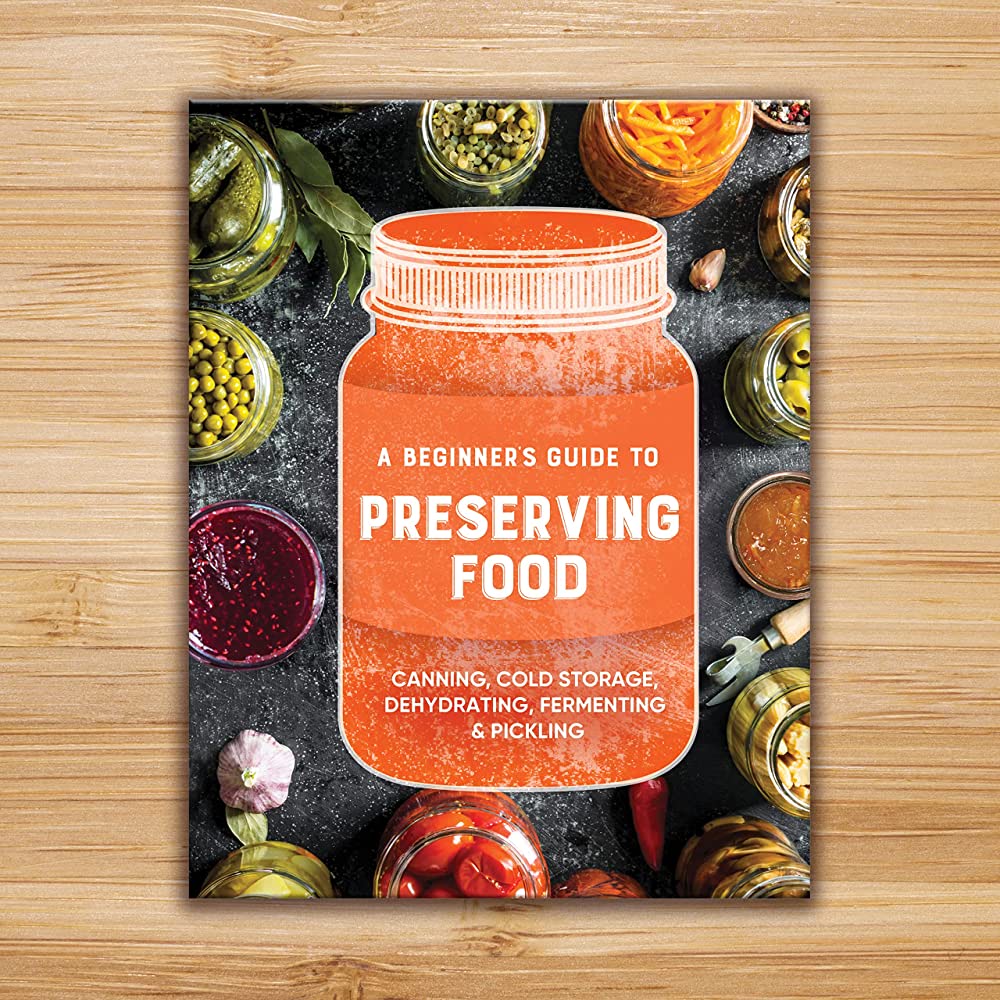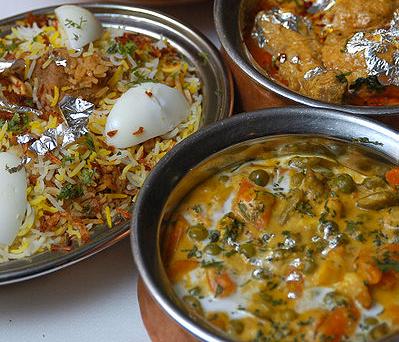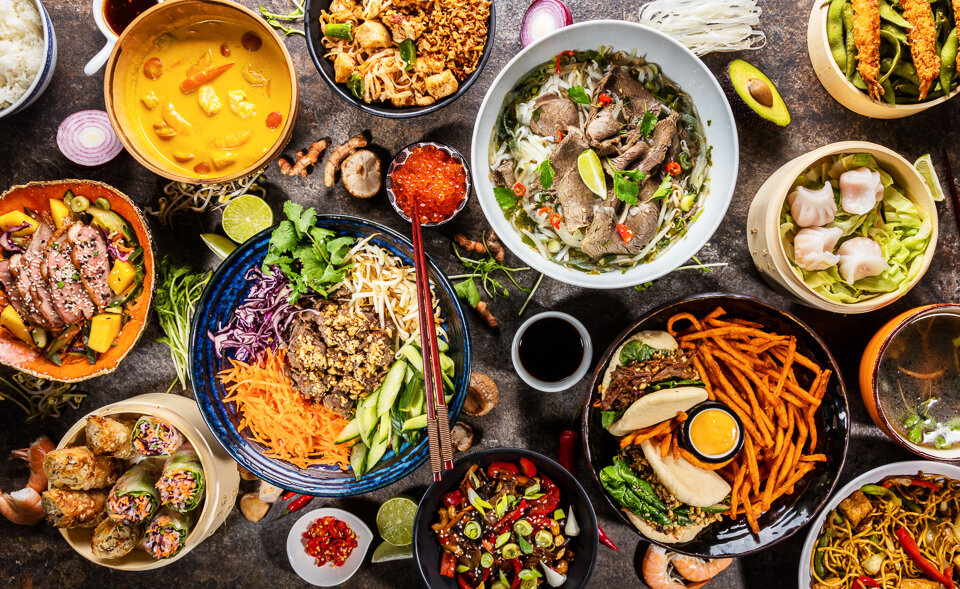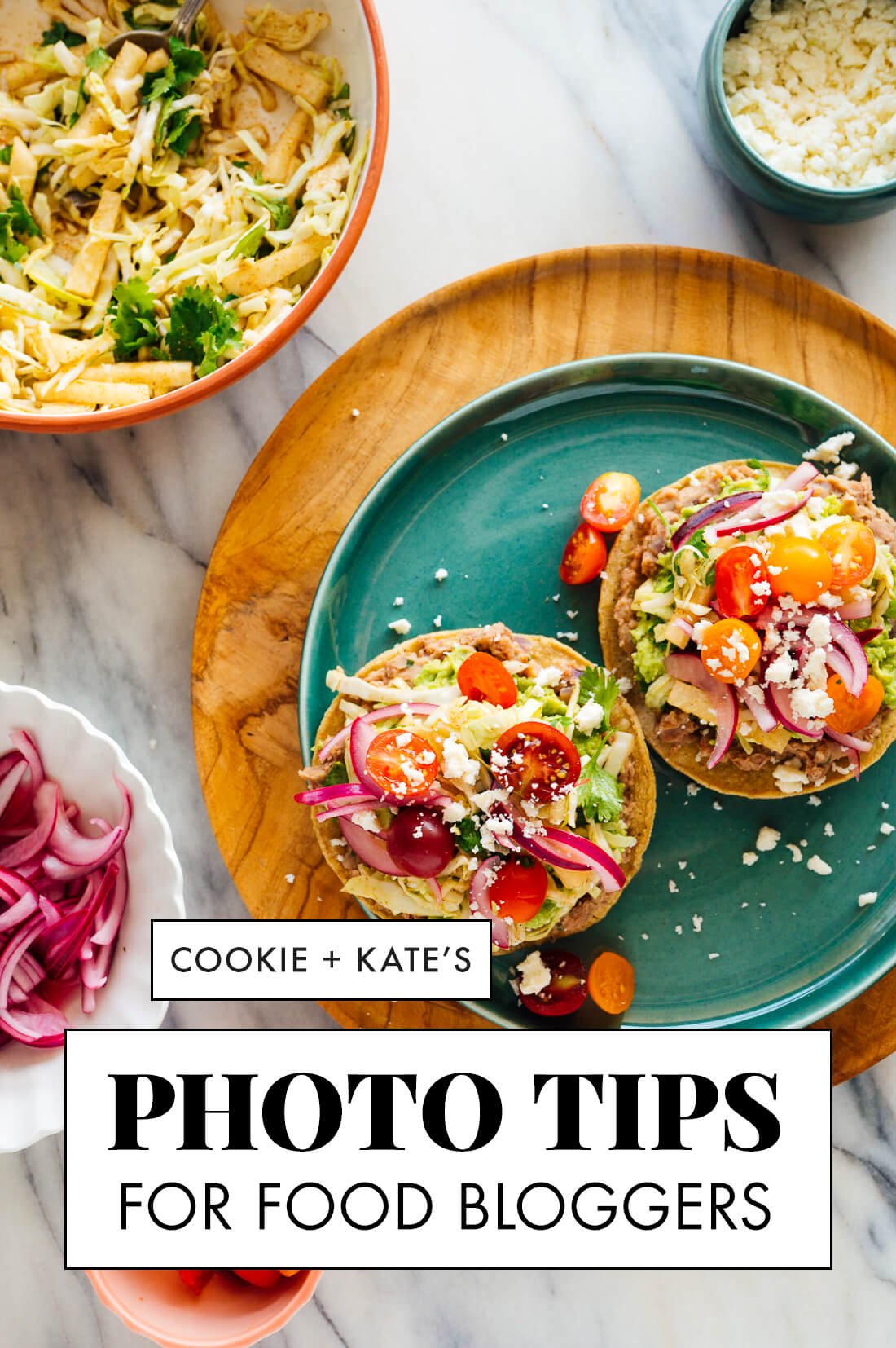Proper food preservation and storage is essential for maintaining the quality and safety of your food. Whether you are a beginner or an experienced home cook, these tips will help you ensure that your food stays fresh for as long as possible.
1. Store food at the correct temperature
Food should be stored at appropriate temperatures to prevent spoilage and harmful bacteria growth. Refrigerate perishables like meat, dairy, and eggs at 40°F or below, and freeze food at 0°F or below. Keep foods out of the danger zone between 40°F and 140°F (4°C-60°C) where bacteria multiply most rapidly.
2. Use airtight containers
Airtight containers will help keep your food fresh by preventing air, moisture, and odors from getting in. Use plastic containers with snap-tight lids, or glass containers with rubber seals for best results.
3. Label and date your food
Labeling and dating your food can help you keep track of what you have on hand and when it was prepared. Use masking tape or labels to mark the date of purchase, cooking or freeze, and to indicate the contents of the container.
4. Keep raw and cooked foods separate
To prevent cross-contamination, keep raw meat, poultry, and seafood separate from each other and from cooked foods. Store raw meats on the lowest shelf of the refrigerator to avoid drips and spills contaminating other food items.
5. Utilize the freezer
Freezing is an excellent way of preserving food for longer term storage. Freeze fresh produce, leftovers, stock, and sauces in airtight freezer bags. Be sure to use a vacuum sealer to extend the shelf life further.
6. Rotate your food
To ensure that you use the oldest food first, practice first in, first out (FIFO) method. When you buy new groceries, move the older items to the front of the fridge or pantry, so you use them up first.
7. Keep your kitchen clean
A clean kitchen is essential to prevent bacteria growth on utensils, counters and other surfaces. Wash your hands before handling food and use separate cutting boards for raw and cooked foods. Use warm soapy water to clean utensils, and let them dry thoroughly before storing them.
In summary, proper food preservation and storage can help you reduce food waste, save money, and prevent food-borne illness. By following these tips, you can ensure your food stays in top condition, and you can enjoy it for longer.











